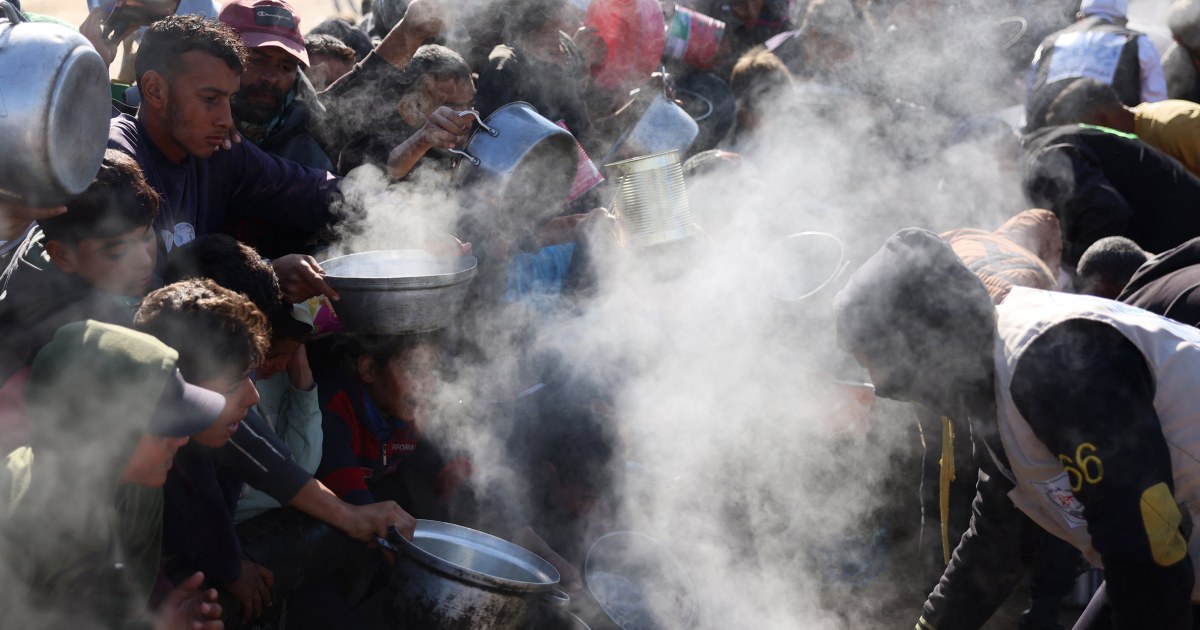World
World’s largest pilot union calls to eliminate terms ‘cockpit,’ ‘manpower,’ other ‘masculine generalizations’ for ‘equity’

The world’s largest airline pilot union suggested airmen and women stop using terms purportedly offensive to women and LGBTQ individuals, calling out terms like “cockpit” as non-inclusive.
Air Line Pilots Association, Int’l, represents over 70,000 pilots worldwide and states that it collaborates with a United Nations agency on its policies.
According to a diversity, equity and inclusion language guide released in 2021, the ALPA lists numerous terms and phrases to avoid — especially “masculine generalizations” — that it deemed to be non-inclusive.
“Inclusive language in communications is essential to our union’s solidarity and collective strength and is an important factor in maintaining flight safety,” the guide states. “The purpose of this language guide is to offer examples of terms and phrases that promote inclusion and equity.”
ALPA, for example, suggested replacing the word “cockpit” with “flight deck.” The purportedly offensive term “has been and may be used in a derogatory way to exclude women in the piloting profession,” the guide states.
“Many women have heard a variation of ‘It is called a cockpit for a reason’ by a male pilot, suggesting that women do not belong in the piloting profession,” the guide said.
But Wall Street Journal columnist and linguist Ben Zimmer wrote that the term “cockpit” originated from cockfighting in 16th century England.
“The circular pit was surrounded by a barrier to keep the gamecocks from escaping, with spectators” who viewed the “bloody sport” as entertainment, he wrote in 2019.
The term evolved to describe a boisterous and tense atmosphere, according to Zimmer. And by the 18th century, it referred to the area on British warships where surgeons treated the wounded.
“The confined space, the noise, the blood and the fetid air evidently reminded people of the original cockpits,” the reporter wrote.
Similarly, ALPA’s guide called for the words “man” and “men” to be avoided. It offered suggestions for the word “manpower,” including “people/human power.”
“Who will provide the people/human power to support this event?” the guide stated as an example.
The guide also suggests avoiding using masculine terms, like “guys,” when addressing groups, since the word is not inclusive of “women, transgender people and people with different gender identities.”
ALPA advised against using “mother/father.” That phrasing could alienate “different family structures, such as grandparents as caregivers, same-sex parents,” among others. Similarly, “husband/wife” and “boyfriend/girlfriend” should be avoided since the phrases could ignore same-sex couples.
ALPA did not immediately respond to a request for comment.
“Diversity really has nothing to do with safe travel,” a former Federal Aviation Administration safety team representative, Kyle Bailey, told Fox News Digital about the trend of DEI in the airline industry. “It’s basically all a matter of flight time, your credentials, your background, how much flight experience you have and also your training.”
“Regardless of what proposed hiring practices are put into place, the bottom line is … piloting is basically a male occupation. You don’t find little girls when they’re 10 years old saying, ‘Hey, I want to be an airline pilot’ or playing with little model airplanes or flying model airplanes. It’s pretty much a male game, like it or not,” Bailey said.
Major airlines have taken heat for their descent into DEI agendas.
United Airlines CEO Scott Kirby faced backlash after a resurfaced video showed him boasting about the company’s diversity initiatives, which require higher numbers of women and minority workers. He said the company has committed to ensuring 50% of their graduating pilot classes will be women or people of color, up from 19% in 2023.
“This is messed up,” X owner Elon Musk said in response.
“He can always set a good example and resign immediately, leaving his high-paid position, salary, bonuses and stock options to someone more diverse,” Center for Security Policy Senior Analyst J. Michael Waller said.










